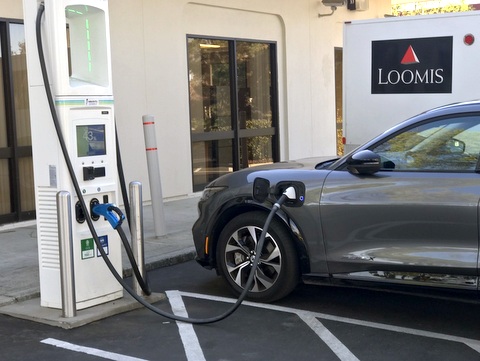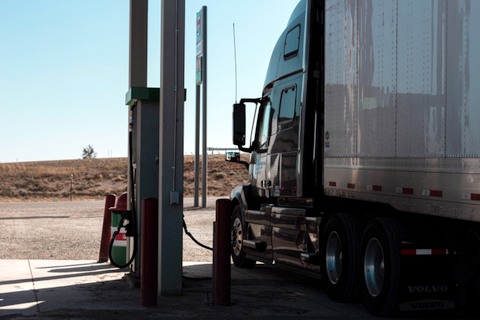Is transitioning to extra electrical autos (EVs) good or dangerous for the financial system total? — Richard T., Boise, ID
In keeping with the S&P World Mobility Forecast, EV gross sales have surged so considerably over the previous 20 years that about 50 p.c of the autos on the highway by 2040 are projected to be electrical. People who can afford the preliminary value of an EV considerably cut back their carbon footprint whereas having fun with a mean of $2,200 yearly in gasoline and upkeep financial savings. On a nationwide degree, nonetheless, specialists have debated whether or not or not the elevated electrical utility income, job creation and decreased oil dependence related to EVs outweigh the prices of charging station set up and electrical grid upgrades.

Solely 50 p.c of {the electrical} capability of the usgrid is used, in order to accommodate giant swings throughout peak demand. Ninety p.c of present EV charging happens at properties and locations of enterprise throughout off peak hours, thus, the quantity used doesn’t but meet capability. Two California utilities, Pacific Gasoline and Electrical (PG&E) and Southern California Edison (SCE), have discovered that EVs of their service areas contributed $806 million extra in income than in related prices, which drove charges down for all clients. If utility income stays increased than utility value, EVs will decrease the speed paid by all ratepayers. Conversely, if utilization approaches capability, expensive grid upgrades amounting to $3 billion throughout the uswill be required.
The Financial Advantages Go Past the Automotive
The McKinsey Middle for Future Mobility estimates that because the variety of EVs will increase, {hardware}, planning and set up prices of an anticipated 1.2 million public and 28 million non-public chargers will attain greater than $35 billion. Although expensive, charger installations create jobs, probably reducing unemployment. Moreover, a examine by MIT discovered that charging stations boosted annual spending at close by companies.

The most important financial advantage of transitioning to EVs is a lower in oil reliance. The usrelies upon oil for 85 p.c of transportation wants, and relies upon upon international suppliers to fulfill this demand. Oil value fluctuation is implicated within the majority of latest recessions, together with in 2022, and is immediately linked to client sentiment. Elevated reliance on a home and diversified electrical grid will separate the U.S. from extra economically risky nations, positively impacting the U.S. financial system.
Putting in public chargers and upgrading {the electrical} grid will undoubtedly pose a big value to the U.S. Nonetheless, job creation, utility firm income and fewer oil dependence are projected to make all of it value it. In the long term, transitioning to EVs is projected to positively impression the financial system. Nevertheless, these estimates are based mostly on a mannequin whereby the utility value of EVs is lower than the elevated income to electrical suppliers. Time will inform whether or not this mannequin holds true.
SOURCES: USC Economics Assessment, usceconreview.com/2022/11/14/the-economic-consequences-of-electric-vehicles/; Science Every day, sciencedaily.com/releases/2024/09/240904141512.htm.
EarthTalk® is produced by Roddy Scheer & Doug Moss for the 501(c)3 nonprofit EarthTalk. See extra at https://emagazine.com. To donate, go to https://earthtalk.org. Ship inquiries to: [email protected].


